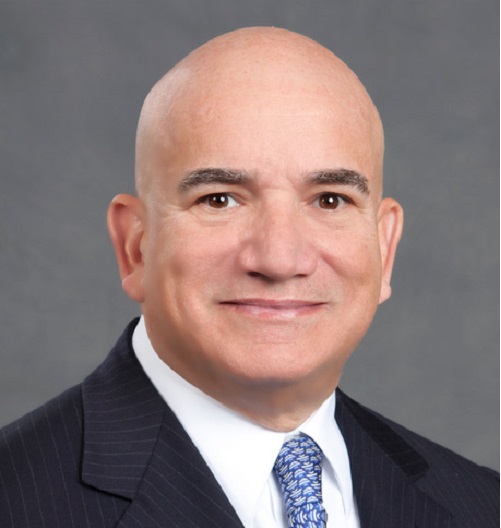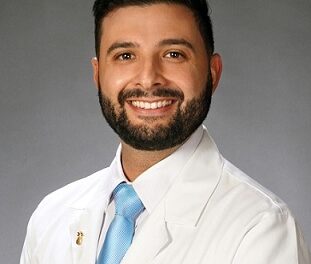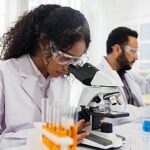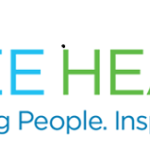By Daniel Casciato
On August 23, Jackson Health System began new COVID-19 vaccine rules for all employees, physicians, students, and on-site vendors, with several restrictions for anyone who isn’t vaccinated.
“We were looking at the numbers growing and the challenges that we had—which are different from last year where we didn’t have the vaccine as an option,” explains Jackson CEO Carlos Migoya. “We felt that everybody has civil rights, including patients, in the healthcare business. But we have to live to a different and higher standard, because the number one thing that we have to do is protect our patients, and having our employees vaccinated is important for us to protect our patients.”
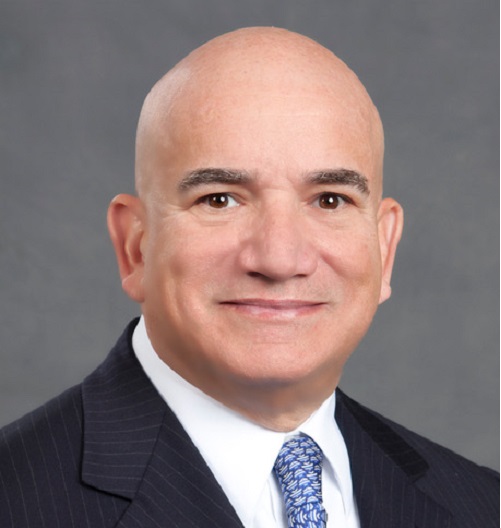
As an incentive, eligible employees who are fully vaccinated by September 30th, will receive a $150 one-time bonus.
“People who got vaccinated last December would also get the $150 bonus,” says Migoya. “I believe that this bonus is a good motivator to get others vaccinated.”
These are the restrictions that unvaccinated employees face:
• An N95 respirator mask must be worn at all times inside of all Jackson facilities, including clinical buildings and non-clinical areas, such as Jackson Medical Towers and the Park Plaza West garage on the Jackson Memorial campus. This mandate will continue throughout all risk levels until the end of the pandemic period. Fit-tested N95s will be provided by Jackson.
• In order to avoid the risk of spreading this highly contagious virus when eating or drinking – and potentially passing it on to patients – unvaccinated employees and physicians will not be allowed to eat or drink in any Jackson cafeteria, dining room, or coffee shop, nor will they be able to remove their N95 mask to eat or drink inside of any of its facilities. Meals and snacks may be purchased inside but must be eaten outside of a Jackson facility. Outdoor open-air tents have been added at all campuses.
• Unvaccinated employees and physicians will not be allowed to remove their N95 mask in any area, including employee and physician break rooms/lounges.
• During all risk levels, unvaccinated employees and physicians will be restricted from attending in-person meetings, other than staff huddles on patient units. All other meetings must be attended virtually via Zoom.
• A mandatory virtual educational course will be required, including an attestation of completion of the course.
To identify which employees are vaccinated, Migoya says their badge will have a sticker that says “COVID-19 Vaccinated.”
“As people walk around with their badge, that’s easy enough to see if they’ve been vaccinated or not,” he adds.
In addition to the bonus and the restrictions in place, Migoya says that the hospital is planning to educate employees who are still resisting getting a vaccine.
“We’re trying to fight a lot of misinformation around vaccination, and we’re discussing all different kinds of alternatives at this point in time,” he says.
Nearly 69% of Jackson’s 13,000+ employees have been vaccinated so far, according to Migoya. “We think we’ll exceed 75%, and hopefully, it goes to 80.”
To help increase those numbers, Jackson has been conducting vaccination pop-ups for its employees at all of its main campuses: Jackson Memorial Hospital, Jackson North Medical Center, Jackson South Medical Center, and Jackson West Medical Center, which is the new hospital that opened in the City of Doral.
The big challenges that Jackson faces, along with other hospital systems in South Florida, were several-fold, notes Migoya.
“One was the fear of losing nurses and doctors who would go to another health system that would not be mandating the vaccine,” he says. “Obviously, we’re short-staffed at this point, so that’s an issue. But I would tell you that my decision was based on this—if I had to lose 10 employees to another health system versus losing a life because people are vaccinated, I choose a life.”
Another challenge was employees who wanted to wait until the FDA formally approves the vaccination, which took place August 23.
“My answer to that is, we’ve already vaccinated 1.7 billion people in the world, and there hasn’t been any real negative outcomes from anything, or otherwise the media would have already taken care of that,” Migoya says. “I think we have enough formal approval of the vaccination by having that number of people vaccinated in the world.”
For more information, visit jacksonhealth.org.

